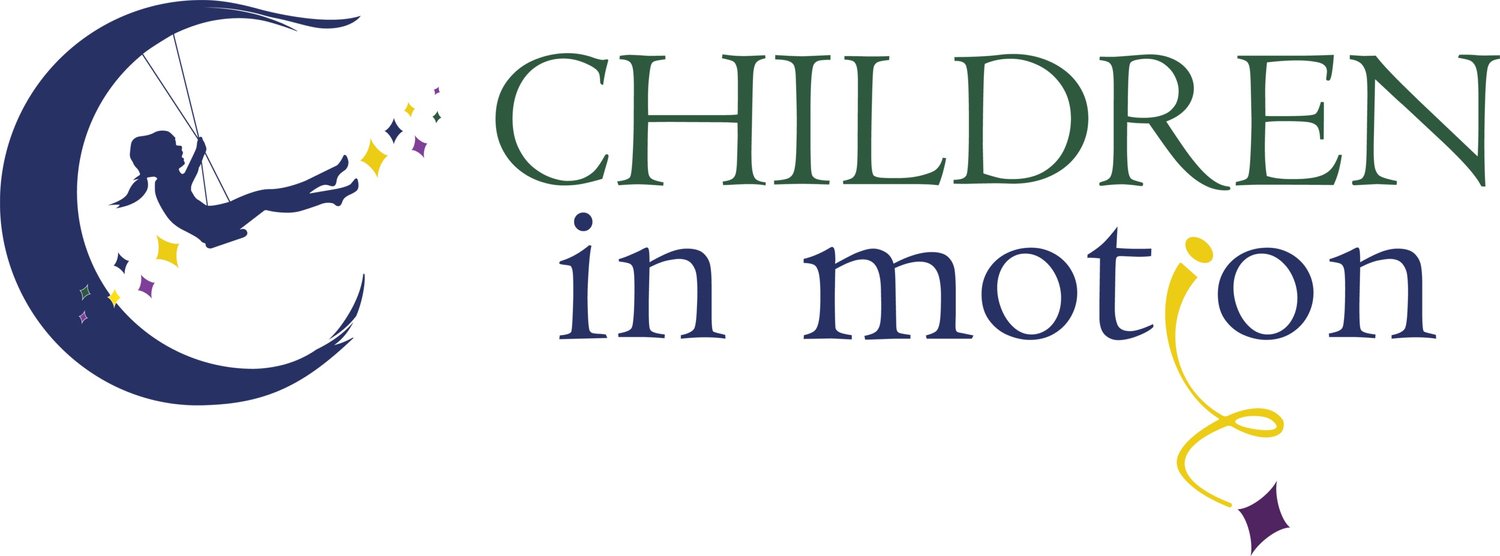Fine Motor Skills: What are they and how does OT help?
Fine skills play a crucial role in children's overall development and success in daily life activities, including school and self-care tasks. Fine motor skills are the ability to use small muscles in the hands and fingers to perform precise movements, such as grasping, pinching, and manipulating objects. These skills are essential for tasks like writing, drawing, cutting, buttoning, zipping, and feeding. Delays in fine motor skill development can significantly impact a child's engagement in daily life and may lead to frustration, low self-esteem, and academic difficulties. As an occupational therapist, I want to share some helpful information about fine motor skill development, milestones, and how occupational therapy can help children improve their fine motor skills.
The following are general milestones for fine motor skill development from ages 1 year to 10 years:
1 year: Ability to pick up small objects with thumb and index finger (pincer grasp)
2 years: Ability to turn pages of a book, string beads, and scribble with crayons
3 years: Ability to copy simple shapes, use scissors, and manipulate small objects with ease
4 years: Ability to draw basic figures, use fork and spoon, and dress with minimal assistance
5 years: Ability to write letters and numbers, use buttons and zippers with little assistance, and cut on a straight line
6 years: Ability to tie shoelaces, complete simple crafts, and use tools like rulers and scissors accurately
7-8 years: Ability to write legibly, draw more complex figures, and complete intricate projects
9-10 years: Ability to write cursive, use computers, and perform complex manipulative tasks with ease
How Delays in Fine Motor Skill Development Can Impact a Child's Engagement in Daily Life
Delays in fine motor skill development can significantly impact a child's ability to participate in daily life activities. Children with fine motor delays may struggle with tasks that involve using their hands and fingers, such as writing, drawing, cutting, or buttoning. This can lead to frustration, avoidance, and decreased confidence. In school, children with fine motor delays may have difficulty completing written assignments, keeping up with peers, or participating in activities that require fine motor skills, such as art or music. In self-care tasks, children with fine motor delays may need assistance with dressing, grooming, or feeding, leading to dependency and decreased independence.
How Occupational Therapy Can Help Children Improve Fine Motor Skills?
Occupational therapy is a valuable and evidence-based treatment option for improving fine motor skills in children. Occupational therapists use a variety of techniques and interventions to help children develop the strength, coordination, and dexterity needed for successful fine motor skills. Some common interventions include:
Play-based activities: Using fun and engaging activities that involve fine motor skills, such as playing with blocks, dough, or puzzles, to improve hand-eye coordination, finger strength, and manipulation skills.
Handwriting practice: Providing structured handwriting exercises and tools to help children improve their writing speed, legibility, and consistency.
Sensory integration therapy: Using sensory-rich activities to help children integrate information from their environment and improve their overall sensory processing abilities, leading to increased fine motor skills.
Environmental modifications: Making simple changes to the environment that can improve fine motor skills, such as adjusting seat height or lighting, providing adaptive equipment, or reducing distractions.
Parent education and support: Providing parents and caregivers with education, resources, and strategies to help their child improve fine motor skills and promote independence.

